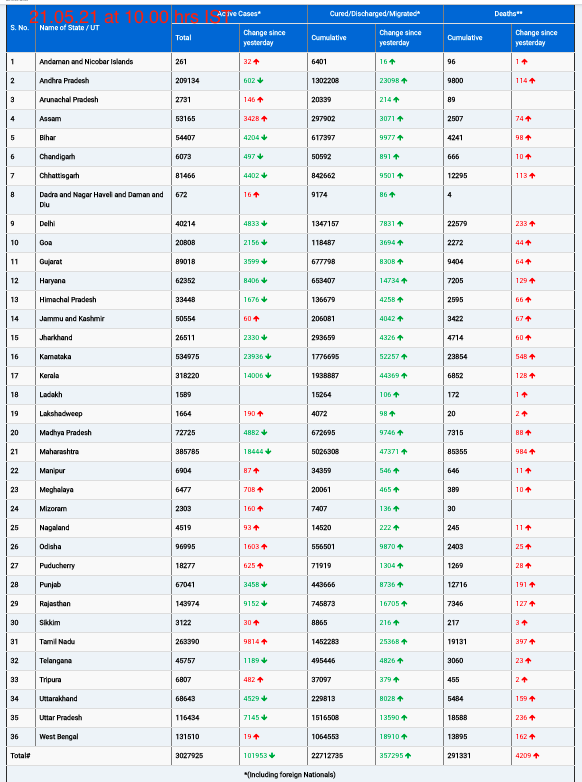In a groundbreaking study published in the journal Nature, a team of international researchers, led by a genetic epidemiologist from the University of Massachusetts Amherst, has identified 1,289 genetic markers associated with Type 2 diabetes. Among these markers, 145 are newly identified, marking a significant advancement in understanding the inheritability of the chronic metabolic disease.
The study, which represents the largest genome-wide association study on Type 2 diabetes to date, involved more than 2.5 million individuals, including 428,452 with Type 2 diabetes. Using cutting-edge computational approaches, the researchers identified eight distinct mechanistic clusters of genetic variants linked to the disease. These clusters shed light on the mechanisms through which the genetic variants contribute to the development of Type 2 diabetes.
Co-senior author Cassandra Spracklen, assistant professor of biostatistics and epidemiology, highlights the significance of the findings: “We tried to figure out some of the mechanisms for how these genetic variants are working — and we did.” The research also revealed associations between individual clusters and diabetes complications, such as vascular complications like coronary artery disease and end-stage diabetic nephropathy.
The findings offer new insights into the biological underpinnings of Type 2 diabetes and pave the way for precision medicine tailored to individual patients. By understanding the disease mechanisms at a genetic level, researchers hope to predict individuals’ risk of Type 2 diabetes more accurately and enable earlier intervention strategies.
“While effective treatments for Type 2 diabetes exist, precision medicine tailored to the individual is still limited,” explains Spracklen. “Being better able to understand the disease mechanisms will help predict individuals’ risk of Type 2 diabetes and allow for earlier intervention.”
Senior corresponding author Eleftheria Zeggini emphasizes the importance of collaboration in evaluating vast patient data and achieving a comprehensive understanding of genomic risk variants. “Our work leads to an improved understanding of disease-causing biological mechanisms,” she says. “Better knowledge of progression risk for Type 2 diabetes complications can help put in place early interventions to delay or even prevent these debilitating medical conditions.”
The study concludes with the hope that the findings will pave the way for optimizing global access to genetically informed diabetes care. By unraveling the genetic secrets underlying Type 2 diabetes and its complications, researchers aim to develop new drug targets and treatment strategies to combat this widespread and debilitating disease.











